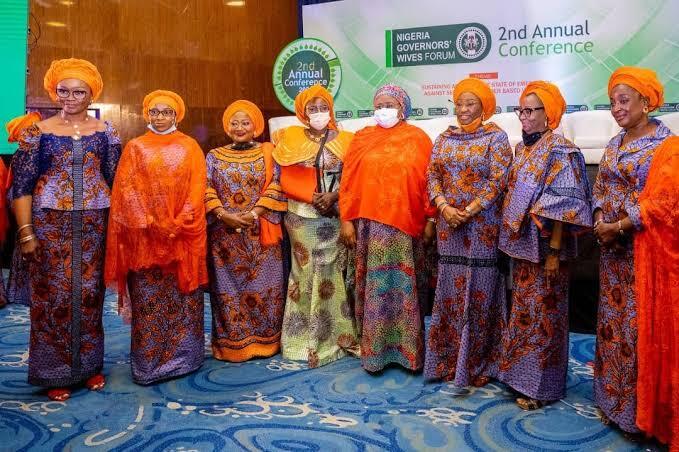
The disagreement arose when the Senate moved to reorder its agenda to consider President Bola Ahmed Tinubu’s proclamation, which suspends the state governor, his deputy, and the House of Assembly while appointing an administrator to oversee the state.
While the Senate Leader’s motion to reorder the Order Paper was swiftly seconded, Senator Dickson raised a point of order, citing Order 135 of the Senate Standing Rules, which mandates that the President must first brief the Senate in a closed session before deliberations on the emergency declaration can proceed.
“Mr. President, we are guided by two documents – the Constitution of the Federal Republic of Nigeria and our Standing Orders. Order 135 clearly states that when a state of emergency is declared, the President must first brief the Senate in a closed session. That is the procedure, and we must follow it,” Dickson argued.
However, Senate President Akpabio initially sought to push forward with deliberations, insisting that the reordering of the agenda had already been approved. This led to a tense back-and-forth as Dickson stood his ground.
READ ALSO: State of Emergency: South-South elders worried over Fubara’s whereabouts
“Mr. President, I have a point of order, and it must be recognized. We cannot sideline due process,” Dickson insisted.
Akpabio, who misunderstood the intention of Senator Dickson, ignored him but later allowed Dickson to speak, not without letting him know in an angry tone that he had watched him on Arise Television, where he declared his intention not to vote along with the Senate.
After moments of verbal sparring, Akpabio conceded, upholding Dickson’s point of order and directing the Senate to move into a closed session, as required by the rules.
The altercation underscores growing tensions within the Senate over the handling of the emergency declaration, with concerns about adherence to constitutional and parliamentary procedures.
As the closed-door session unfolds, political observers are keenly watching how the Senate will navigate this sensitive issue amid mounting political uncertainty in Rivers State.






